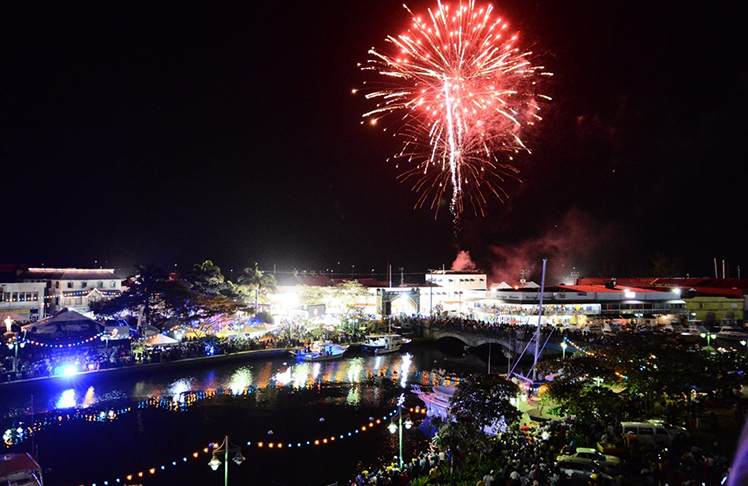
With singer and billionaire businesswoman Rihanna in tow, Barbados throws off yet another legal attachment to European colonialism. However, a total removal from the UK is not the story. Removing Britain’s Queen Elizabeth as its head of state slowly distances Barbados from its colonial past after gaining independence from the United Kingdom in November 1966. It’s government is no longer the subject of a monarchy. This was more than three centuries after English settlers arrived and turned the island into a wealthy sugar colony based on the work of hundreds of thousands of African slaves.
Preparations come a month after the Parliament of the former British colony once nicknamed “Little England” elected its first ever president in a two-thirds majority vote following a push to become a republic that began more than two decades ago. Barbados did not need permission from the U.K. to become a republic, although the island will remain a member of the Commonwealth Realm -the first nation to do so after ceasing to be a constitutional monarchy.
Barbados Governor General Sandra Mason, who was appointed by the queen, is scheduled to be sworn in as president shortly after midnight on Tuesday, which marks the island’s 55th independence from Britain. After the President is installed and Barbados is officially declared a Republic at the stroke of midnight, a spectacular fireworks display will go off at three significant locations.
Though the British would emerge victorious and quash other attempts, including slave rebellions, the 1651 act marked the island’s first attempt at independence and its inhabitants’ burning desire to free themselves from British control. Nearly 400 years later, the final step toward sovereignty is finally came to fruition.















